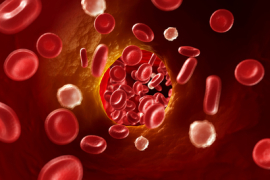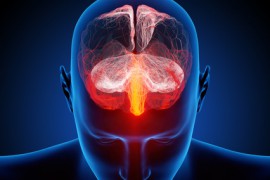Do oral bacteria contribute to stomach cancer?
That’s a question researchers at the New York University College of Dentistry recently posed as they examined the associations between oral pathogens and gastric precancerous lesions. Results of the study were published in the Journal of PLoS One.
After examining them for clinical signs of periodontal disease, the researchers took saliva samples from the participants, using salivary diagnostics to examine the DNA of their oral bacteria.
They concluded that, despite finding no significant correlation between specific oral pathogens and the lesions, participants with higher overall numbers of periodontal pathogens were significantly more likely to have gastric precancerous lesions.
So while we can’t point the finger at a specific pathogen in this case, we now know that people with high microbial burden are at an increased risk of these gastric precancerous lesions—which, of course, can lead to stomach cancer.
This is not the first time oral bacteria have been associated with increased cancer risk.
Recently, a study showed that patients with pancreatic cancer may have distinct microbial profiles that include oral bacteria.
And earlier this year, researchers found that routine periodontal disease treatment was associated with a lower risk for cancers in the gastrointestinal tract, female reproductive system, lung, and brain.
We are even increasing our understanding of how these pathogens contribute to cancer. Researchers from the University of Louisville found that two common periodontal pathogens, P. gingivalis and F. nucleatum cause infections throughout the body and can disrupt immune function.
With all that being said, the takeaway is remarkably simple: maintaining good oral health through proper home care, advanced professional care, and regular microbial assessments is the key to taking oral health off the table as a risk factor for cancers and other debilitating diseases and conditions.
Source: Association between selected oral pathogens and gastric precancerous lesions.



